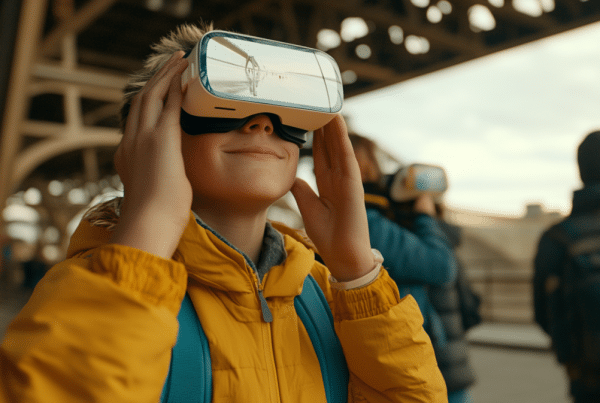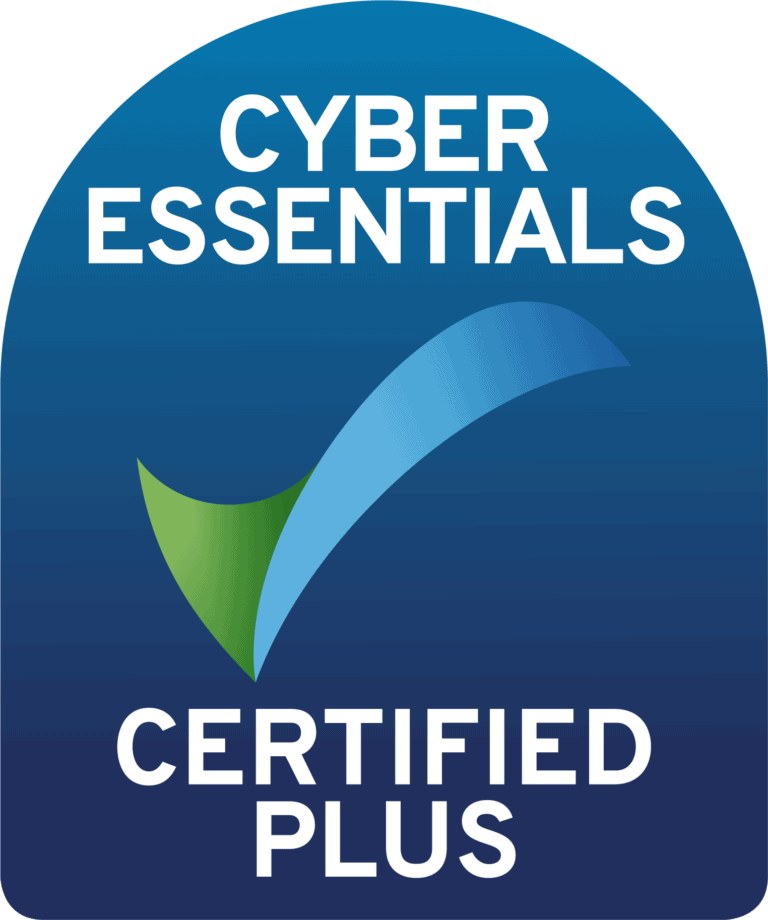In an era dominated by digital connections, social media platforms have emerged as powerful tools not only for socialising but also for fostering mental health support and community solidarity. On this World Mental Health Day, it’s essential to recognise the positive impact of online mental health communities while remaining aware of the challenges they pose.
The Positive Impact: Fostering a Sense of Belonging
1. Building Supportive Networks:
Social media platforms provide a space where individuals facing similar mental health challenges can connect, share experiences, and offer mutual support. This shared understanding helps in breaking the barriers of isolation, reminding people that they are not alone in their struggles.
2. Encouraging Open Conversations:
Online mental health communities facilitate candid discussions about mental health issues. Participants can share their stories, fears, and triumphs without fear of judgment, creating a safe environment for expression and healing.
3. Accessible Resources and Information:
Social media platforms host a plethora of resources, articles, and expert advice on mental health. These readily available materials empower individuals with knowledge, encouraging informed decisions about their mental well-being.
4. 24/7 Support:
Unlike traditional support groups, online communities operate around the clock. This accessibility ensures that individuals in distress can find immediate support and encouragement, regardless of the time zone they are in.
The Negatives: Navigating Challenges Responsibly in Mental Health
1. Cyberbullying and Trolling:
The anonymity of social media can sometimes breed negativity. Cyberbullying and trolling within communities can exacerbate existing issues, highlighting the need for strict moderation and community guidelines.
2. Misinformation and Triggering Content:
Not all information available online is accurate or helpful. Misinformation and triggering content can harm vulnerable individuals, emphasising the importance of critical evaluation and reliable sources.
3. Social Comparison and FOMO:
Constant exposure to curated content on social media can lead to social comparison, where individuals compare their lives unfavourably to others. This phenomenon, coupled with the fear of missing out (FOMO), can intensify feelings of inadequacy and loneliness.
4. Dependence on Online Validation:
Relying solely on online validation can hinder real-world social interactions, leading to difficulties in building genuine relationships outside the digital realm. It’s crucial to strike a balance between online and offline interactions.
Balancing Connectivity and Well-being
While online communities provide invaluable support and foster a sense of belonging, it’s vital to approach them with caution and awareness. By acknowledging the positives and negatives, individuals can navigate these platforms responsibly, harnessing the positive aspects while safeguarding their mental well-being.
On this World Mental Health Day, let us celebrate the strength of online communities in providing support and understanding, reminding ourselves to use these platforms mindfully and responsibly as we continue to build a more compassionate and connected world.








